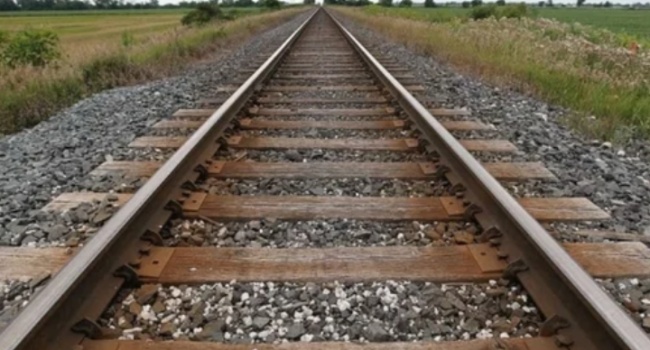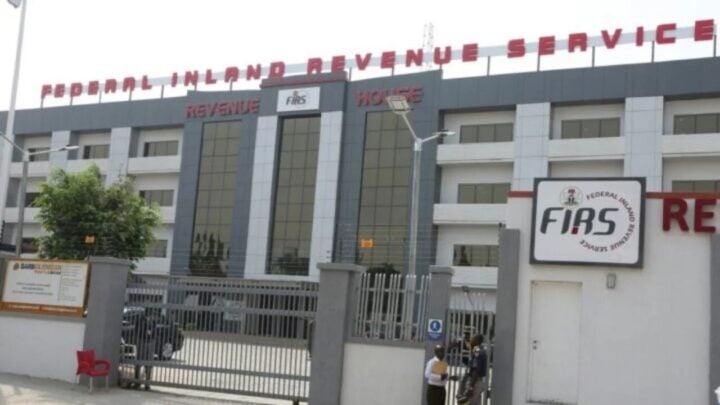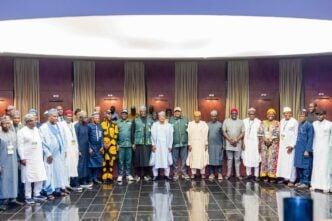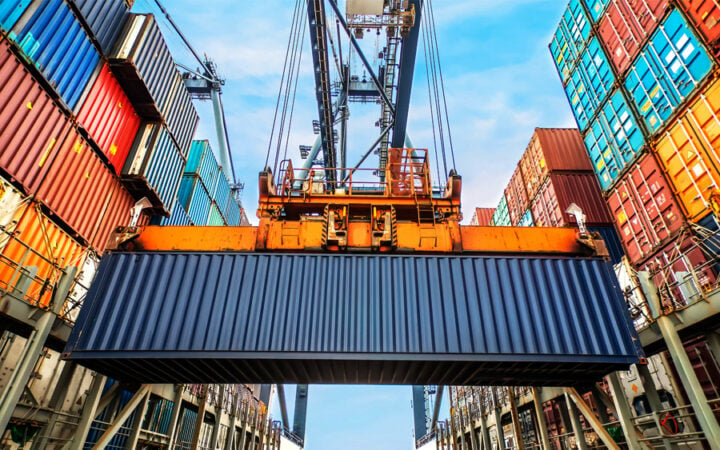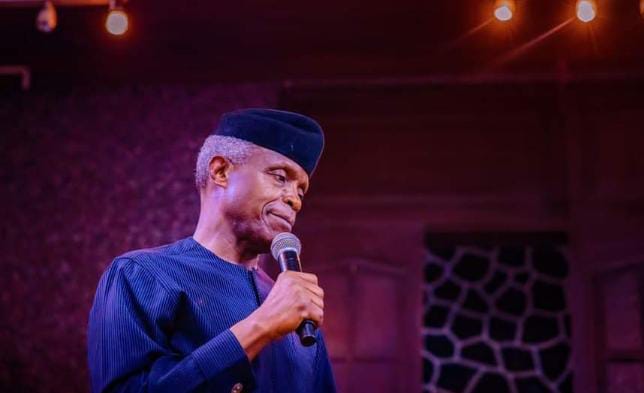Kayode Opeifa, managing director (MD) of the Nigerian Railway Corporation (NRC), says the federal government will soon unveil a comprehensive national railway development roadmap aimed at ensuring rail connectivity across all 36 states and the Federal Capital Territory (FCT).
Opeifa spoke on Wednesday at the seventh national transport conference of the Chartered Institute of Transport Administration (CIOTA), held in Abuja.
According to a statement by Callistus Unyimadu, chief public relations officer at NRC, the development is in line with the renewed hope agenda of President Bola Tinubu.
Opeifa said the roadmap is designed to enable every state to access and utilise the national rail corridors at no additional cost.
Advertisement
He said this followed recent legislative amendments that moved railway development to the concurrent legislative list.
The NRC boss said Lagos and Plateau have already begun taking advantage of the new policy, while other states are being encouraged to follow suit.
“We are saying where there is a national rail asset, states should make use of it. The line is available from Lagos to Kano. If your state is along this corridor, you can run services on the line,” Opeifa said.
Advertisement
“Lagos and Plateau are already doing this and we are open to working with others.”
He added that Ogun and Oyo states have both narrow and standard gauge networks available for use, while Edo, Delta, Kogi, Kaduna, Kano, and Niger states can connect seamlessly to existing national corridors.
The MD highlighted the ongoing freight-by-rail expansion, noting that the cooperation is transporting increased volumes of containerised cargo, gypsum, soda ash, cement, metal coils, and materials for the Ajaokuta-Kaduna-Kano (AKK) pipeline project.
Speaking on the corporation’s development projection framework, known as Vision 2-5-10-20, Opeifa said the NRC plans to optimise national rail assets within the first two years and transition to electric traction by the fifth year.
Advertisement
Opeifa added that the corporation also targets doubling the country’s rail capacity within 10 years and expanding the network to at least 60,000 kilometres over the next two decades.
